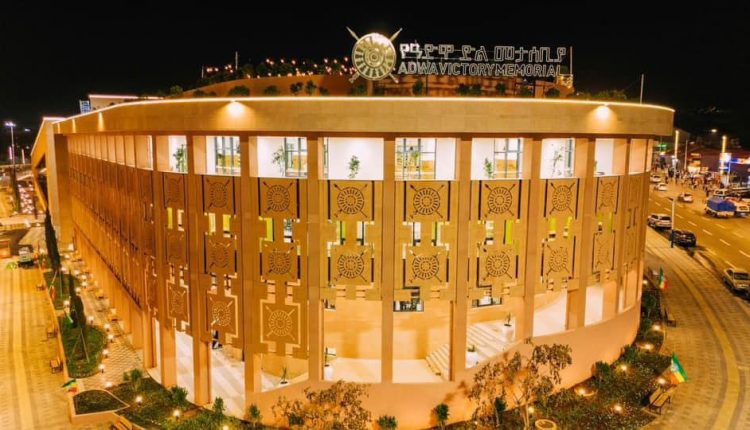Renowned Entertainment Magazine touts Addis Ababa as steadily becoming an exciting cultural gem in HOA
Addis Ababa, August 23, 2024 (FBC) – Addis Ababa is steadily becoming an exciting cultural gem in the horn of Africa and beyond, Rolling Stone Africa, a world greatest music and pop culture magazine in Africa underscored.
In its edition on Tuesday entitled: “In Bloom: How Addis Ababa Became Fertile Ground For Ethiopia’s Creative Renaissance,” the magazine said that the Ethiopian capital is increasingly transforming into an exciting cultural gem.
As African people continue to create, influence and dominate pop culture, fashion and music on the world stage, all eyes are rightfully on the Mother Continent at present—a long time coming, the magazine explained.
However, one corner of the African continent that has yet to step into the spotlight as much as the others is East Africa, and with it the second most populated country in the continent is Ethiopia, according to the iconic music and entertainment magazine.
With a population of over 120 million, 60 percent of whom are under the age of 25, Ethiopia’s future seems limitless as it begins to develop at an extraordinary pace, it added.
The East African Nation has also embarked on massive development activities through a steady mix of rapid urbanization, industrialization and Chinese ‘investment’.
For Rolling Stone Africa magazine, Ethiopia’s rich religious and political history, as one of the oldest Christian countries on the planet and Addis Ababa the designated Headquarter of the African Union (AU), draws tourists and diplomats alike today.
Addis Ababa (or Finfinne) means ‘new flower’ and ‘fountain of hot mineral water’ in Amharic and Oromo, respectively. The name is fitting, considering the Ethiopian capital’s cultural, economic, and social bloom, the edition elaborated.
As access to the internet rapidly grows and cultures connect online, the youth are determined to cement Addis Ababa as a major hub of creativity and entertainment, the magazine further noted.
Blending their cultural heritage with the globalized, young Ethiopians aren’t waiting around for the world to take notice of them; instead, they’re building their own infrastructure, making noise on their own terms and languages, and commanding attention.
The magazine pointed out that the strategy is a combined, worldwide effort, with youth in the diaspora working with their counterparts to build awareness and share skill-sets.
“Whether it’s nightlife, music, fashion or sport, Addis is steadily becoming an exciting cultural gem in the Horn and beyond,” it underscored.
Where Ethiopian music is most commonly associated with the Ethio-Jazz that originated in the 1950s, musicians such as Mulatu Astatke and Hailu Mergia have toured to international acclaim, the magazine indicated.
While other local but popular music hasn’t translated as widely to global audiences—not least due to the fact that it’s almost exclusively in local languages (mainly Amharic or Afan Oromo, both of which are the largest tribes in the country), whereas Ethio-Jazz largely relies on instrumentation, making it more palatable to global audiences.
Figures like Abdu Kiar, Aster Aweke and Teddy Afro are superstars at home and in the diaspora, selling out shows in hotpots like the DMV area and California where there are concentrated communities.
The magazine also highlighted the language barrier for the international audience linked to the fact that Ethiopia uses its own alphabet.
However, it acknowledged that the new generation of Ethiopian artists and creatives—who have largely grown up with access to the internet and a more globalized outlook on things—are determined to share their culture and talent on equal footing, bridging the gap through collaborative DIY methods and focusing on building a strong foundation and infrastructure for creatives on home soil, using their love of culture and community to shape them.
Addis Ababa’s status as a political hub brings a diverse crowd of diplomats and travelers who love a good night out.
With World Afrika, an event which focuses on African music across the States, events are also being consolidated in the Ethiopian capital to sell out, the trajectory looks positive as Ethiopia is an untapped market with so much potential and infrastructure.
“Its history, beauty and thriving scene just hasn’t been showcased on a global scale as much as West Africa and the Southern parts of Africa, and much of it has to do with our language barrier,” a Boston-based marketeer and promoter Jonathan Bekele, who runs World Afrika.
For him, World Afrika is not just a party but almost an ambassadorial channel of communication from Ethiopians to the world, encouraging them to visit and see what the fuss is about for themselves.


